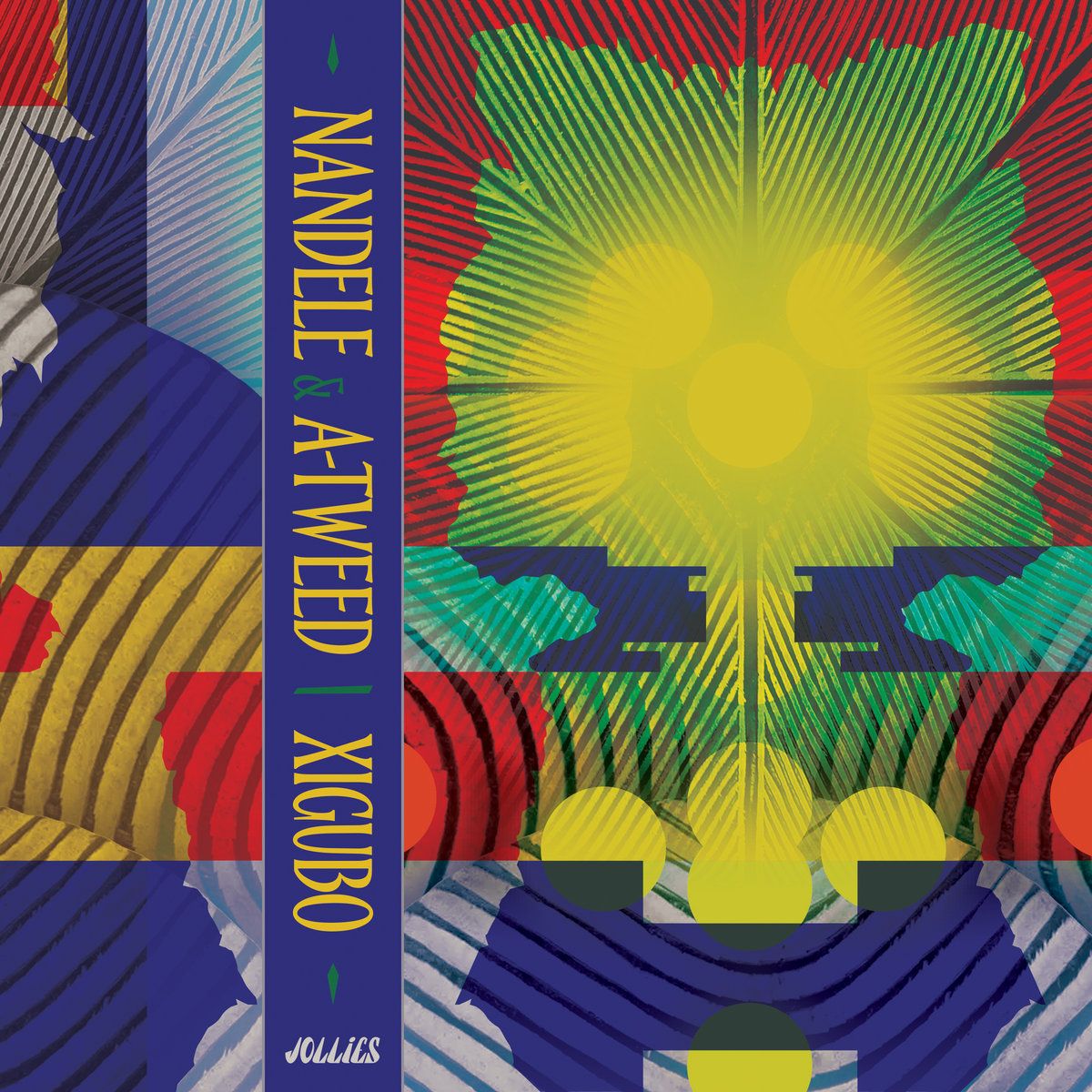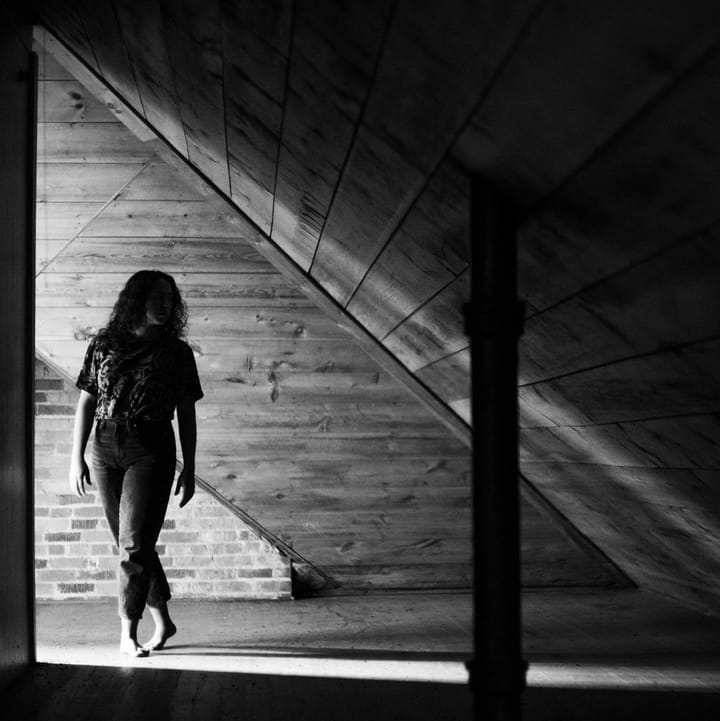Review: Nandele & A-Tweed – Xigubo
Colonial resistance derived from Zulu and Mozambican cultures is whirled into dizzying sound design and techno vigour.

Xigubo is both singular and sprawling. The beats hit hard, centred on a heavy techno pulse, yet instead of driving forward these rhythms seem to drive everywhere. Each track teems with processed voices, synthesisers emulating polymetric mallet percussion and birdsong, actual recordings of birdsong, echoes like steam drifting up to the rafters…there’s a spirit of multidirectional exploration, which feels apt for music that reaches back into tradition as much as it presses forth. The record is inspired by Zulu and Mozambican cultures, including the traditional warrior parade Xigubo, which represents resistance to colonial power. Thus the sonic vastness communicates the ever-renewing pertinence of enacting this resistance, harnessing the vigor of anticolonial struggles across time.
If you think you’re hearing everything at a given moment, listen closer. Stereo delays act as attention-scramblers – the listener mind darts left and right to follow fragmented voices and electronic overtones, while hand drums or crushed field recordings unfurl themselves undetected in the centre. For every element that loops – such as the pulsing sci-fi motif that spans the latter half of 15-minute “Intensidade” – there are a dozen other figures mutating and disappearing, adapting to their surroundings, perishing and rebirthing. The beat on “Machava” carries itself with a giddy skip, concealing its downbeat within a ricochet of electronic hi-hats and galloping sub pulses, while the top-end whirls with half-heard conversations and mercurial arpeggiations. It’s easy to lose yourself. Movement causes the edges to blur; the distinction between “up” and “down” starts to soften. A full appraisal of Xigubo demands that the listener stays on it.



